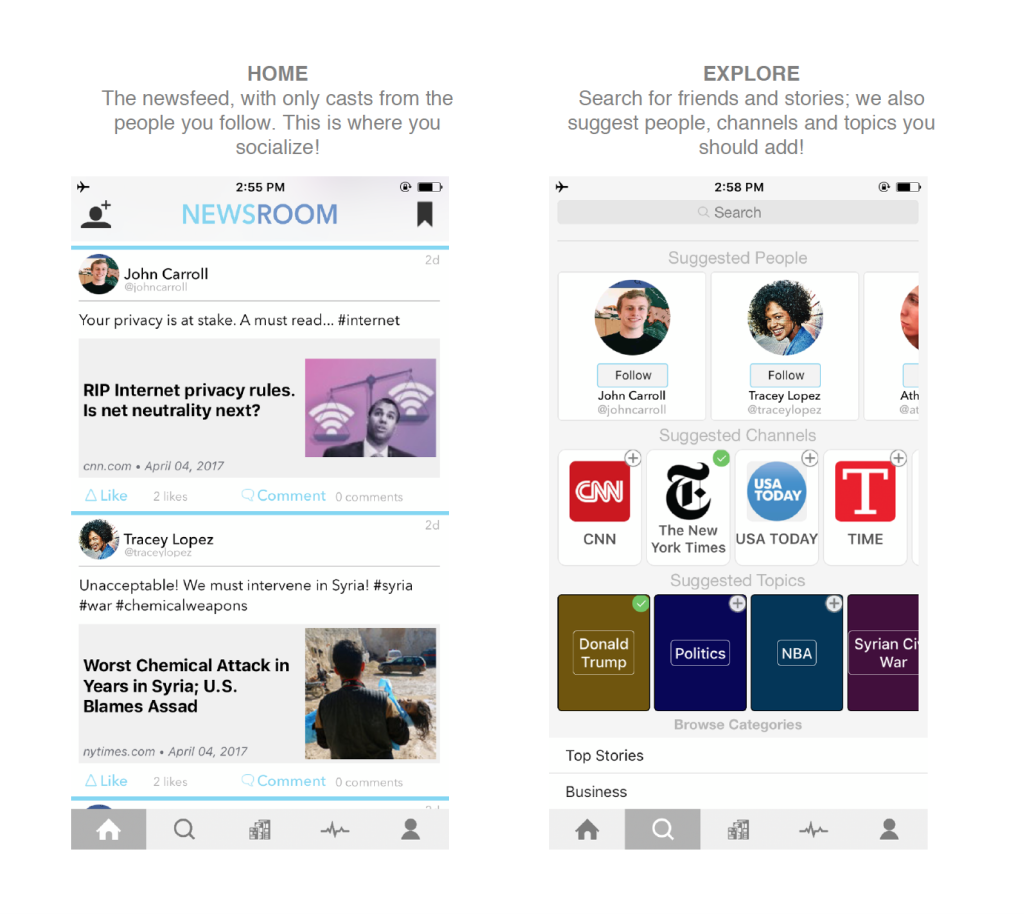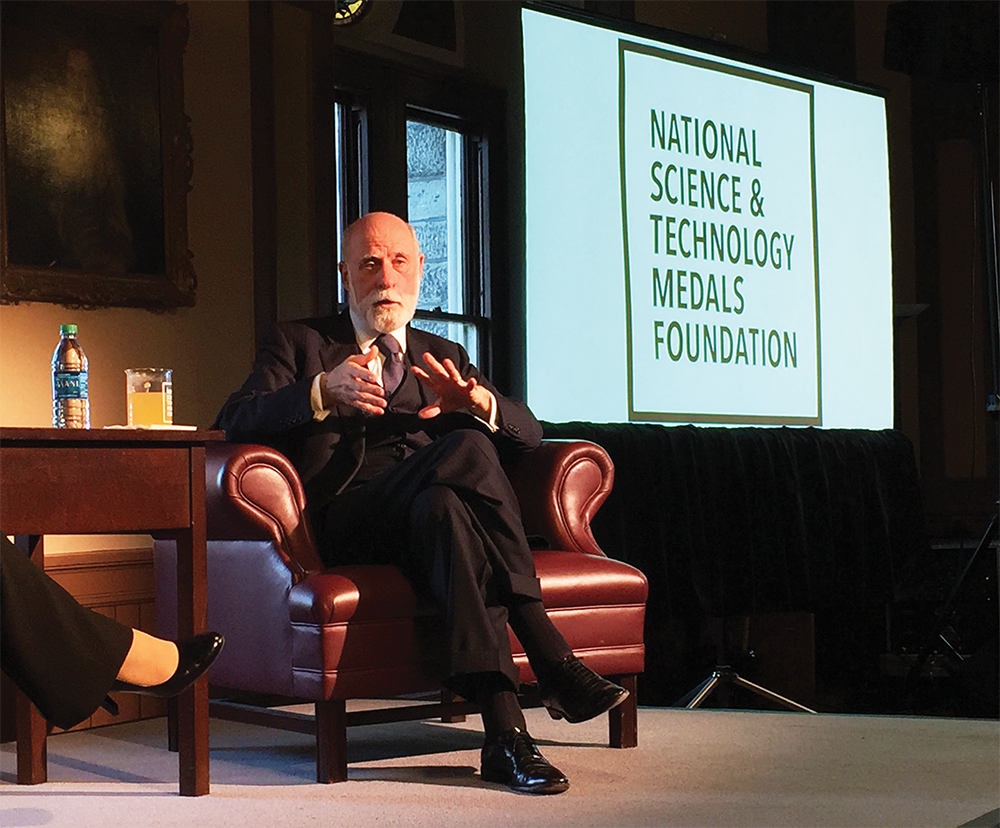While some of us are still trying to figure out how to update to iOS 10, the fifth generation of the mobile network is looming in the not-so-distant horizon. Just like its 3G and 4G LTE predecessors, 5G comes with the promise of making internet access even faster for the seemingly endless array of devices that now require undisrupted internet connectivity.
The development of 5G technologies is paving the way for a brave new world that not even Aldous Huxley could have imagined, complete with smart cities, augmented reality and increased — if not total — industry automation. With the advent of 5G, we will no longer speak of the internet of certain things, for the most tech-savvy people, in key innovative industries, but of the internet of everything for everyone.
Simona Jankowski, a senior equity research analyst with Goldman Sachs, estimates on the company’s website that 5G will be 100 times faster than a 4G connection with one-50th its latency and having the scalability of connecting 100 times more devices to the internet than there are people on the planet. These capabilities are all ultimately aimed at servicing a projected 20.8 billion globally connected devices by 2020.
What is unique about these newly connected devices is that they extend far beyond what the average consumer typically imagines a smart device to be. While wearables are gaining credibility and popularity in the mainstream marketplace, 5G connectivity aims at building an infrastructure that will allow more innocuous objects to increase their “intelligence” through internet compatibility. With 5G, we will soon see the smart doorknob, pet collar, home appliance and medicine, all hardwired with internet access, remote control, and data collection capabilities.
But what does this all mean?
Of course it would be neat to replace a key with a mobile application that you are much less likely to lose or to be immediately notified whenever someone tries to open your locked door, but you don’t exactly need a smart door. Is the benefit of the smart doorknob actually worth the cost of its acquisition and installation just to marginally increase the flexibility you have in opening and locking your door?
The benefit of 5G technologies is best seen in the aggregate, when the sum of each individually connected device is netted together to yield unparalleled advancement in productivity. While one smart doorknob might not make a palpable difference in an area’s security, an entire neighborhood equipped with such a technology would make that difference. When this concept is applied to the larger business environment, it is easy to see that the exponential increase in both professional and personal efficiency would likely be equivalent to our generation’s Industrial Revolution in terms of productivity growth.
While the projected increases in productivity and output are impressive, what is perhaps even more interesting is how 5G technologies will reshape the business environment in coming years. In the same way the Industrial Revolution dramatically altered the competitive environment of virtually every industry, the advent of 5G will completely reshape the way business is done in the not-so-distant future.
Although widespread access to 5G is likely still a few years away, it is important for college students who are preparing to enter the workforce as this technology takes off to prepare for how disruptive this technology will be. The status quo of today is likely to be outdated tomorrow.
Perhaps the importance of a liberal arts education will be realized now more than ever. When it becomes nearly impossible to predict how information will travel or how business will be conducted next quarter, much less one to three years down the line, making a five-year plan based on today’s facts and figures seems almost idiotic.
Now is the time to learn how to learn. While quantitative courses in standard practices and procedures will always be a relevant part of university study, it is important to understand how rapidly these methods are likely to become outdated. What has become more important than procedural knowledge is having the ability to be dynamic and adaptable when met with constant change. When faced with such high levels of uncertainty, it has become almost imperative to become comfortable with ambiguity. A liberal arts degree offers the wide-ranging skillset necessary to thrive in this oncoming and unpredictable new age of tech development.
While it is impossible to know exactly what the future holds, the best way to prepare is to be confident in your ability to consistently adapt to an evolving landscape where it pays to be innovative. While the 5G future may still seem far away, it is important to know it is coming and to be ready when it arrives.
Bianca DiSanto is a senior in the McDonough School of Business. Think Tech appears every Friday.














Rory Costello • Oct 7, 2016 at 8:02 pm
I think you may have misinterpreted what 5G is. 5G is a standard, not like a certain hardware you can have in say, your phone. You can’t say that 5G will be 100 times faster than 4G, when its obviously not like that. Just like 4G, 5G will arrive at different speeds, all applicable to be called 5G.
Moreover, 5G will arrive when it needs to. 4G is more than sufficient for the tasks you have mentioned. There is no official rollout of 5G at the moment, and it is predicted to being trials in 2017. It is a long way away.
Until then 4G speeds will continue to increase as demand for faster speeds do. Which is not much.
Also please don’t call it 4G-LTE. It’s just 4G. LTE is technology incorporated into devices which boost the speed over the network.